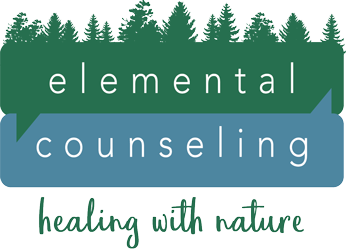4 Season Ecotherapy Training
For Licensed Mental Health Clinicians (counselors, social workers, psychologists, etc.) and Graduate Level Interns in those fields.
Other related professionals please email–our focus is mental health but there may be a good enough fit for you.
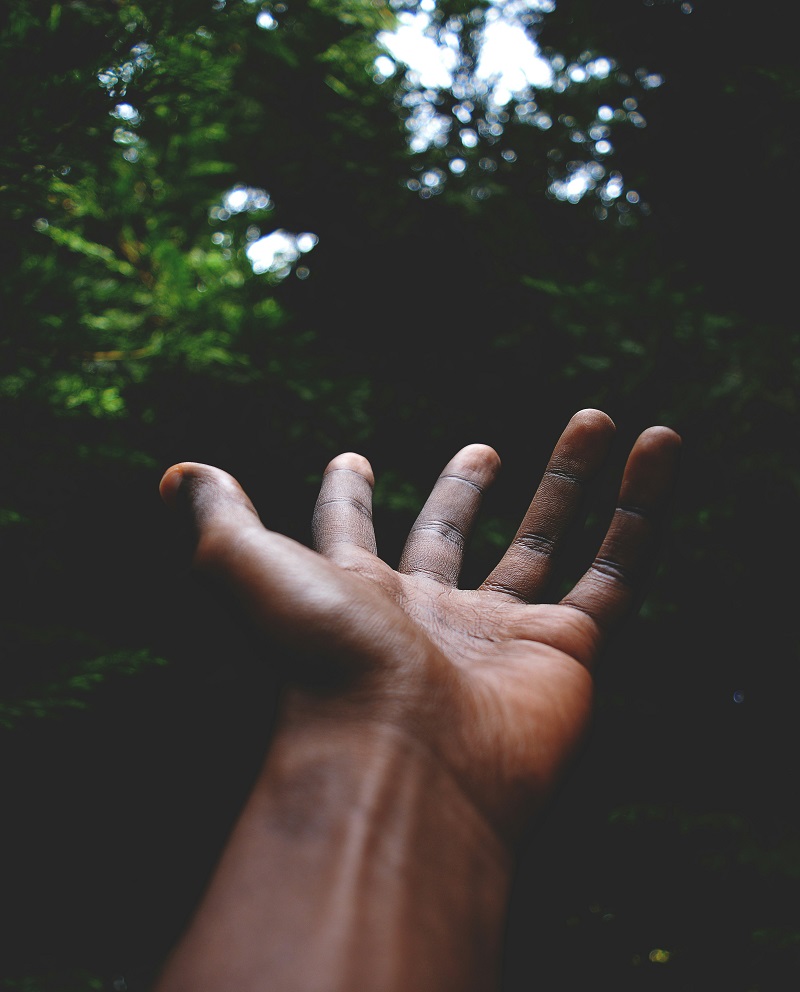
Roadmap
Guide to Ecotherapy Training
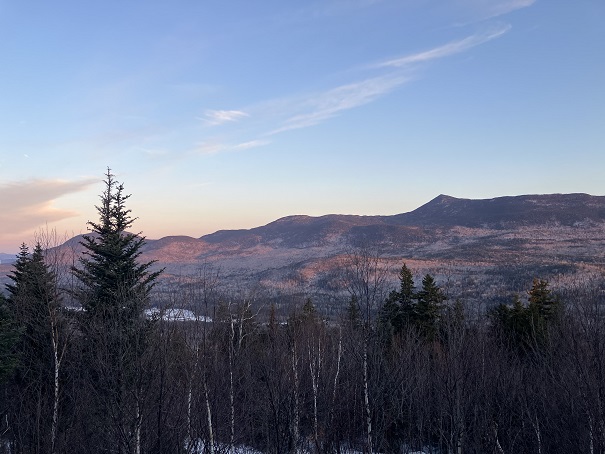
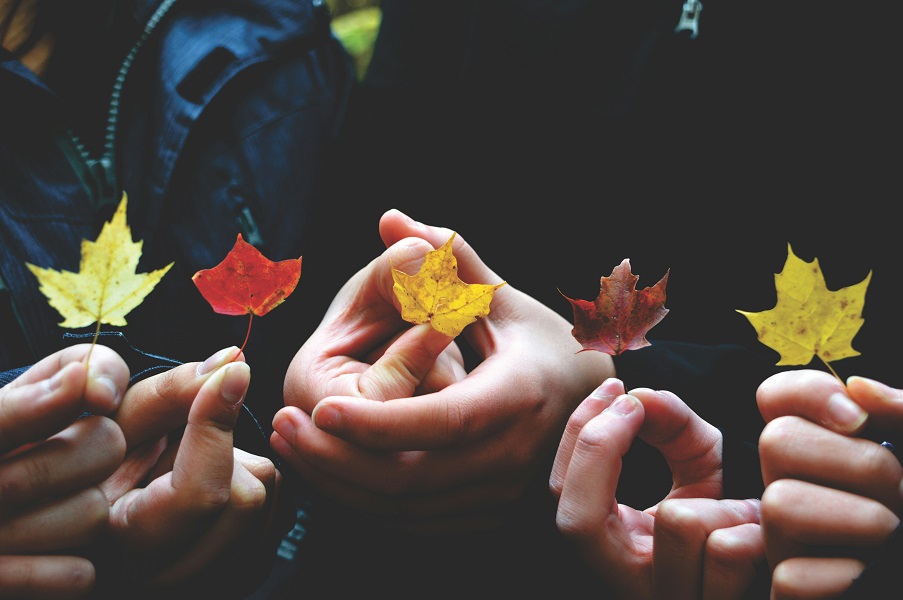
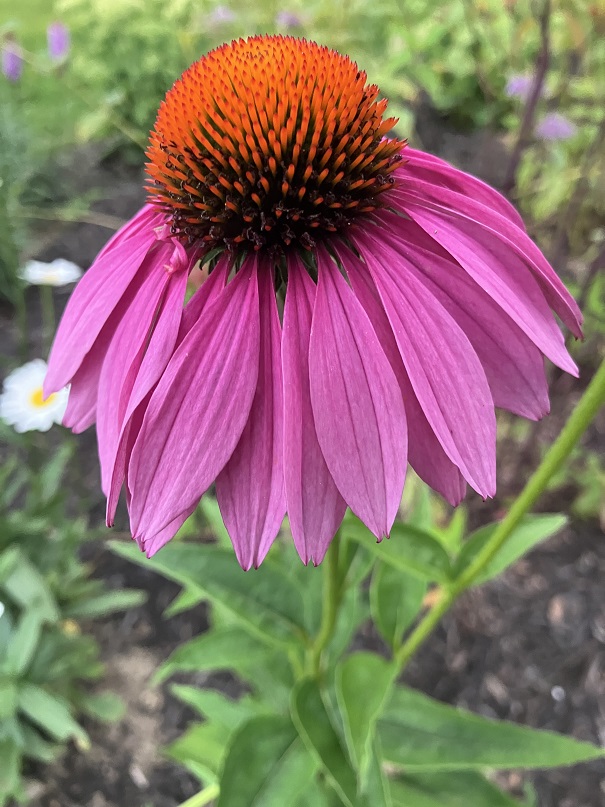
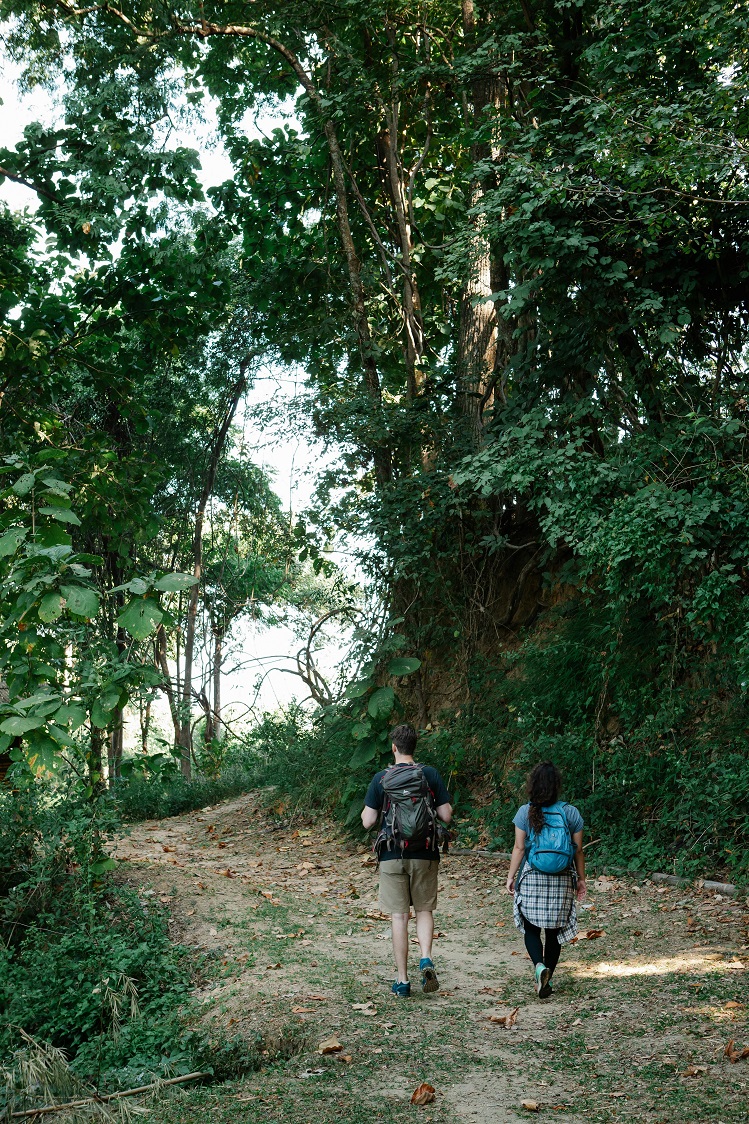
Why Train in Ecotherapy?
SOOO many reasons! Here are a few that come to mind…
● You are looking for ways to make your work more personally and socially sustainable, relevant, joyful, and transformative.
● You are finding your usual clinical approaches may feel like not quite enough (for you or your clients) in the context of a rapidly changing climate and a time of obvious social and cultural suffering.
● You are looking for deeper connection with yourself, the natural world, and like minded colleagues. In person.
● You are looking for more movement, creativity, and fluidity in your work day.
● You have some practice with or curiosity about experiential and/or somatic approaches to therapy.
● You find your own spirit and restoration in your relationship with nature and wonder how to connect that with your work.
● You have a career focused on supporting human health and are also concerned about the earth’s health.
● You have already started experimenting with ecotherapy and are looking for a supportive community of practice and/or ways to structure and deepen your work.
● You want to use your skills to support your community (human and earth) beyond 1:1 clinical work and are not sure where to start.
● You are curious about ways to practice therapy in a manner that acknowledges and tries to disrupt some of the unjust ways our profession holds power and perpetuates the impacts of harmful systems and models.
● You are looking for a place to explore ways that allow you to bring more of yourself and your clients into your work.
Logistics
When: 4 Friday/Saturdays Oct 2024-July 2025 (specific dates below). Optional nature connection experiences offered between each weekend. See bottom of page for more info.
Group Size: Group will not exceed 12 participants. This is to ensure plenty of time and space for connection, support, and deep diving into content and process with the learning community.
Where: Private home/land in Yarmouth, ME, as well as public trails in Yarmouth/Freeport, ME.
Contact hours: YES! 56 contact hours available
Food/Housing: We will have snacks/coffee/tea, but to keep costs down, please BYO lunch (full kitchen available). If folks would like to stay overnight, campsites and private bedrooms are available at/near our training location for a minimal cost. Inquire during registration.
Cost: Sliding scale 1,280/1,680/1,980. $1680 is the rate required to run the program. Consider the higher rate if you have an abundance of resources or the lesser if your financial capacity is more limited. If finances are a barrier, please reach out–we can figure out something that works for both of us. In acknowledgment of the colonial impact, past and present, on the indigenous people of this region, and the unjust systems that allow me, as someone from a colonial/settler background, to make a profit partly through access to unceded land, 20% of all training proceeds will be donated to Wabanaki Reach and Nibezun, indigenous run organizations in Maine committed to the health and well-being of the indigenous and earth communities.

Dates and Course Outline
This training is designed to be experiential and participatory. It will include multiple ways of learning and being beyond the cognitive–experiential, somatic, artistic, contemplative, relational, dyadic practice, group exercises, etc. It is intended as a clinical training, an opportunity to explore/co-create some new ways of conceiving of and practicing therapy as needed in these complex times, and a way to build deep and lasting community with colleagues and land. There is fluidity and space for group needs/interest to shift the curriculum, but our general flow is as follows.
Autumn (October 4th and 5th, 2024)
9:00AM-5:00PM each day
Fall is a time of preparation for going inward and release what is no longer needed. We will start to get to know each other, the land, and explore/deepen your individual and cultural relationship with land in new ways. And we will be curious about any structures of therapy as a whole or your particular work that may be ready to let go or shifted to create space for new possibilities.
Winter (January 10th and 11th, 2025)
12:00-8:00 on Friday, 9:00-5:00 on Saturday
In the darkest and quietest season, we’ll spend some looking inside. How can we support each other (and our clients, of course), in finding the stillness and patience to be in the dark? What is hiding inside you, waiting for some light to help you move into something new? We’ll play with contrasts and with quiet. Friday evening will be an opportunity to experientially deepen into our connections with darkness and with fire. Since we’ll probably need to be inside more due to temperature, we’ll also practice with indoor ecotherapy approaches.
Spring (April 11th and 12th, 2025)
9:00AM-5:00PM both days
In this season of new growth and possibility, we will be noticing what seeds inside of you need attention and nourishing to integrate this work the way you want to. How can we invite light and warmth into our work and ourselves? We will have lots of time for dyadic practice on the land and start to brainstorm how ecotherapy might fit into your practice and community.
Summer (July 18th and 19th, 2025)
9:00AM-5:00PM both days
As the world around us is in full bloom and color, we will dive into the specifics and generalities of how you want ecotherapy to take root in your work and life. By the end of this weekend, you will have several next steps specific to your practice, and the support you need to implement them. We will reflect on our journey and celebrate our learning and community before saying farewell for now.
Overall Time Commitment
In between our weekends together, expect to spend at least 20 min/week engaged in various practices of nature relationship. You can also expect a couple hours of prep before each weekend in the forms of readings and listenings. This will allow us to dive in quickly and make the most of our time together.
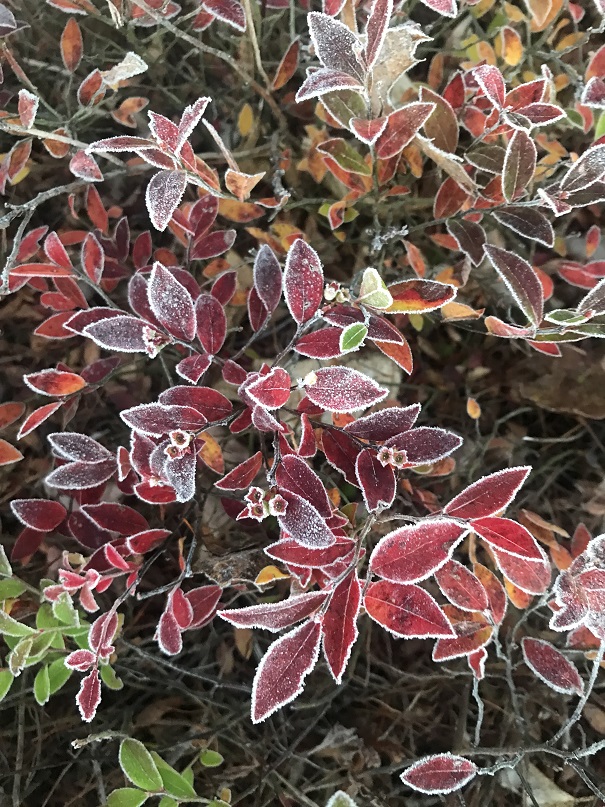
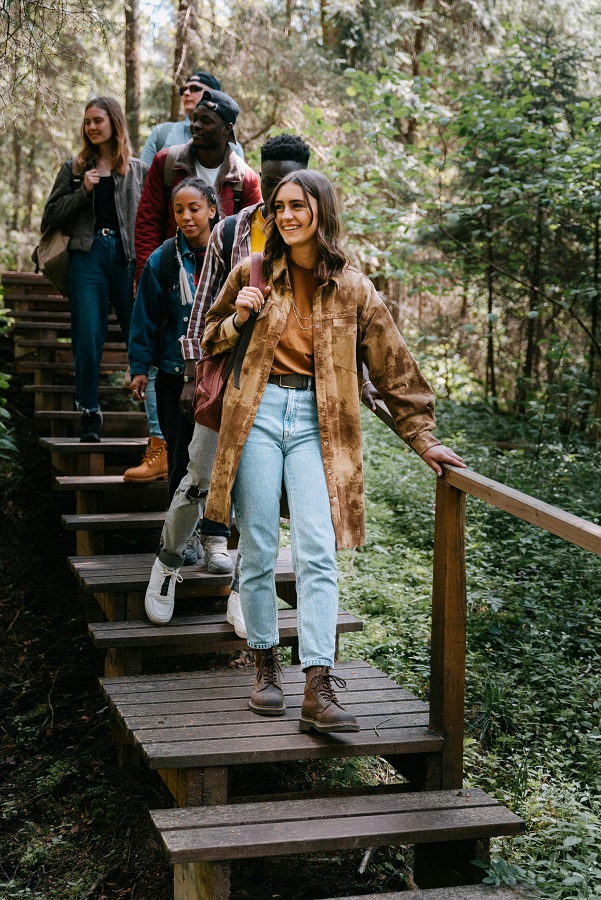
Topics Covered
with Working in reciprocity with the natural world
- Nature as co-therapist
- Power and possibility and challenges of working with seasons
- Boundaries and roles of the therapist when inviting nature into the clinical realm/taking the clinical realm into nature
- Supporting climate emotions and existentially related concerns in therapy (and in yourself)
- How different ecosystems support/inform clinical work
- Ways to structure a session
- Tending to your own relationship with nature and climate change while doing this work.
- Specific nature based interventions
- Roles, responsibilities, and possibilities for therapists in a time of climate change
- How to integrate ecotherapy with other modalities
- Ways to implement nature based work in all physical contexts (office, telehealth, outdoors)
- Outdoor therapy logistics: how to find/assess appropriate outdoor locations, paperwork and practices to reduce risk and liability, confidentiality, assessing client fit for outdoor work, etc.
- Important note: We will learn and practice specific nature based and climate aware interventions. You will definitely walk away understanding the fundamentals of ecotherapy and with an abundance of concrete, actionable ways to bring nature into your therapy practice. There is a broader intention here, though, that I want to make explicit. I want this training is to be a space to start exploring the possibilities of bringing ecological imagination into our work. What if our relationship with earth is as relevant to our work (and lives) as family of origin or relationship with self? How could embracing ourselves and our clients as ecological beings shift how we think and speak about our work, how we conceive of mental health, how we see the role of therapy/therapists, how we work with clients, how we care for ourselves, our clients, our human communities, and the earth? You know, just a few little questions like that. 😉 We won’t get full answers for all of these, and the answers we do land on will be different for each of us. That’s great. I don’t want you to come away from this training doing ecotherapy ‘my’ way, or anyone else’s way. I want you to be able to practice embedding human/earth relationship into your life and work however it most resonates for you, and be inspired to keep doing that. I truly believe all of us humans need to value and live from that relationship, for the sake of ourselves and all the present and future beings on this earth. Let’s practice it together.
Other Training Components
IN BETWEENS
There will be optional nature based experiences (birding, foraging, etc.) in between each training weekend to encourage deeper connections with earth and each other. These will be facilitated by people with both topic expertise and a particular lens of experience that is usually not represented in the outdoor industry (typically–white, male, able-bodied, thin, cisgendered, and heterosexual). By learning from and with people typically marginalized in the dominant culture as a whole and in the outdoor industry in particular, we will be better able to understand biases and blind spots (our own and culturally) and explore ways to reduce/eliminate those in our work and communities. These ‘in betweens’ will be open to any therapist with an interest in attending, and will have an additional cost beyond the training. A brief group discussion will be held at the end of each to reflect on our learning and connect it back to our work.
RESOURCES
All training participants will receive an extended and up to date list of ecotherapy and climate aware therapy resources for reading, listening and viewing. Participants will be also be given a structure to create a group resource list, as participants no doubt have their own impactful information sources.
ONE:ONE SESSION
Included in the training cost is a 90 minute 1:1 session with Corie, to be scheduled at a mutually agreeable time sometime during the duration of the training. This can be an opportunity to experience ecotherapy as a client (which you will also do in dyadic practice with peers during the training, but this will be a time you can fully relax into the client role), a time to consult with Corie about any ecotherapy related questions, business planning, etc, or a blend of the two. Your choice!
CO-CREATION
Ecotherapy is an emerging and fluid modality, and it is relatively new to northern New England. There is a way I do it, based on who I am, the communities I work with, how I was trained (in ecotherapy and in other modalities), and the places and ecosystems I work in. We’ll learn components of that way, but by no means is my approach the only or the ‘right’ way. We’ll have space for exploring other ways together. Our curious and engaged hearts and minds working together can definitely come up with some new approaches to dyadic work and maybe even possibilities to bring therapy into communities in new ways, as needed in an increasingly complex and climate changed world.
About Your Trainer
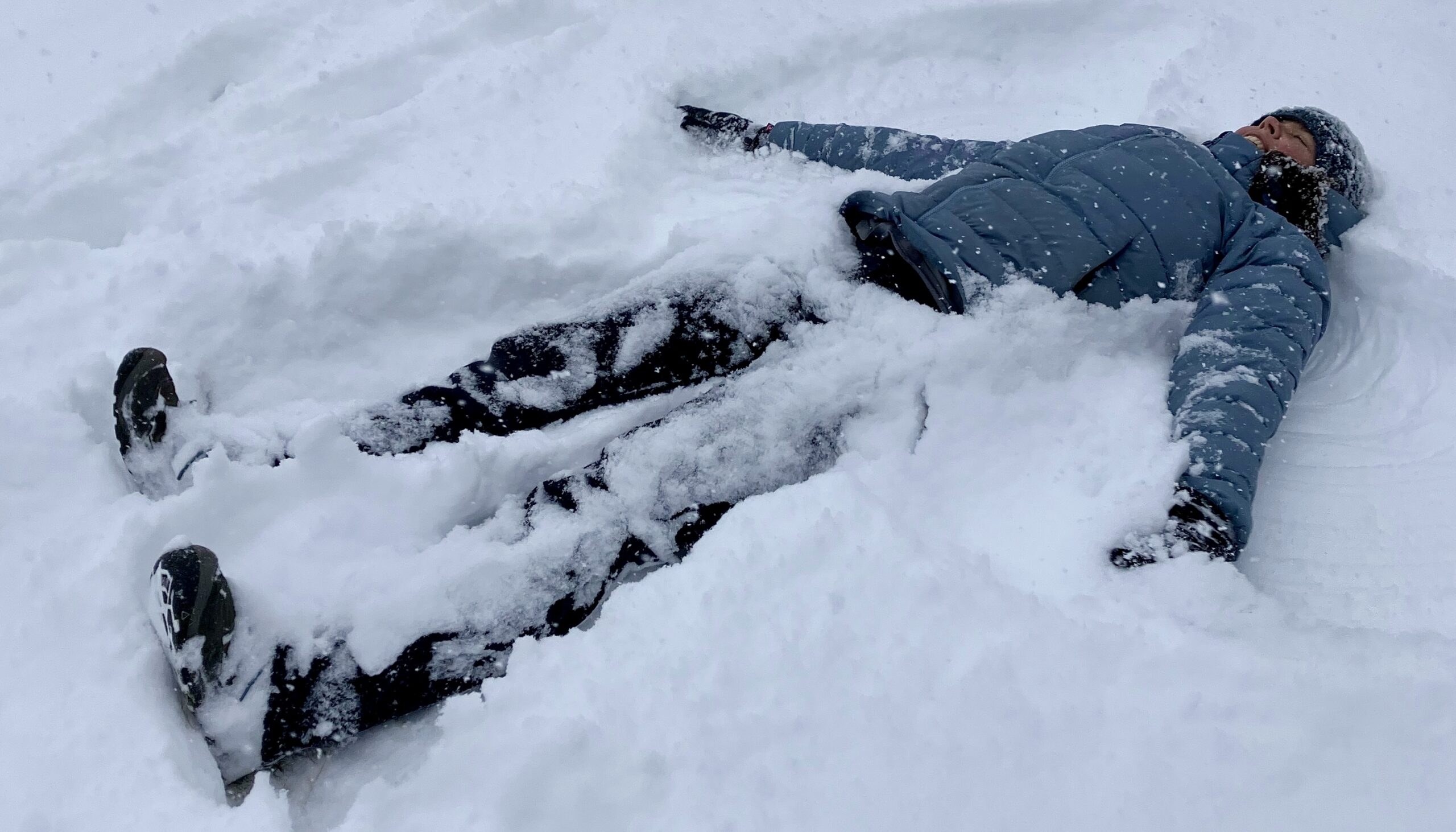
II (Corie Washow) will be the primary trainer for this course. Guest facilitators with deep experience with a particular topic/demographic will also be supporting our learning. (Their information will be posted as confirmed/dates get closer.) I have been practicing primarily outdoors and in relationship with nature for about 6 years. Before becoming a counselor, I worked in a variety of positions in social services and environmental education, and pursued clinical licensure with the intention of bringing those two often disparate fields together. I have an ecotherapy certification from Wilderness Reflections, based in California, and other advanced clinical training and practice in AEDP (accelerated experiential dynamic psychotherapy), climate aware therapy, polyvagal theory, and various somatic approaches. All of these will show up in this training.
Experiential education has been a continual thread in my adult life, both as a participant and a facilitator, and bringing together groups of people to learn, explore, and play together is a particular delight. Non-work experiences that feel like they inform who I am and how I work now include many years as a hospice volunteer, countless miles traveled on mountains, lakes, and rivers, several months living outdoors in different ecosystems, lots of hands in the dirt gardening seasons, a steady focus on building local community, and lots of time sitting in circles of people doing the hard and beautiful thing of being human.
The list is far too long to put here, but it does feel important to name that any training I am able to offer now is only because of learning from and being with incredible mentors, colleagues, teachers, clients, friends, and family, both human and more than human.
Most likely, like you, I’m a human living on the earth in a culture that doesn’t value that, and am continually practicing ways to be more in relationship with nature. For much of my life, nature and solitude felt like they went together for me; that I could be most myself and most connected with nature in wilderness, without human company. I still love and seek these deep, immersive experiences, but I’ve also slowly discovered the incredible power and potential in sharing experiences of ‘nearby’ nature connection with other people.
My own relationship with nature has changed profoundly and, I think, for the better, as I’ve been able to witness and access profound nature connection right where I am, with the people right around me. All to say, I am still learning and look forward to the opportunity to learn with you.
